M&M International at SPE/IADC 2025 (Stavanger, Norway)
M&M International to Attend the 2025 SPE/IADC International Drilling Conference & Exhibition in Stavanger
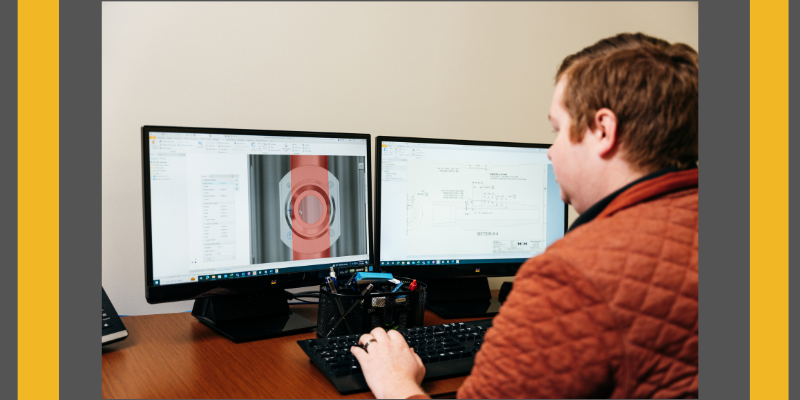
While there are many types of engineers in this world that cover a large span of different realms of expertise, such as Civil Engineering, Mechanical Engineering, and Electrical Engineering—one of the most important roles in the industrial space belongs to the Manufacturing Engineer.
Manufacturing engineers jobs are quite complex. Due to this, the position requires an extremely knowledgeable and well skilled engineer to maintain the position.
Manufacturing engineering begins with the designing process and moves the project along from that concept to the development of a working product. In reality their work scopes are much more complex, of course, and much more interesting.
A manufacturing engineer's scope of work focuses primarily on the design and operation of integrated systems. These systems (such as computer networks, robots, EOATs, automated machines, machine tools, and materials-handling equipment) are responsible for the production of high-quality, economically competitive products (anything from machines, tools, parts to jigs, conservation technology, and CNC machines).
As part of their role, manufacturing engineers must also always keep up to date with new technologies and improvements in the field to ensure they are providing their clients with the most innovative advances available.
While the scope of their work can vary greatly, manufacturing engineers are mainly hired to:
One important thing to keep in mind is that manufacturing engineers must accomplish their improved overall efficiencies and outcomes while maintaining employee safety and upholding product quality standards.
Manufacturing engineers will typically need to meet several requirements in order to be successful in their field.
Having a Bachelors degree in manufacturing engineering is usually a requisite.
Many manufacturing engineers start out as mechanical engineers, but this is not a requirement.
Some manufacturing engineers have stated that starting out in other specialized areas such as production engineering can be useful in providing additional educational experience for future manufacturing engineers.
There a handful of skills, if acquired, can be a great asset for Manufacturing Engineers:
For some people, these are broad synonyms with far more similarities than differences. But, for what it’s worth for the sake of this blog, here is a very high-level take on the differences.
Manufacturing Engineers focus more on the initial research design, layout, and build of the manufacturing process or system, like for water conservation technology. They also design and develop machine parts and tools.
Production Engineers are more focused on running these systems and would place more emphasis on:
Industrial Engineers are very similar to production engineers, but they place much more emphasis on working with people.
They look for ways to make the workers’ routines more efficient to improve production while maintaining a safety-focused culture.
Engineers who design buildings or other structures and landscapes use the science of structural engineering to create a safe and secure environment for people.
Structural engineers are needed in any field that relies on building, such as architecture, construction management, civil engineering, geotechnical engineering, and more!
Manufacturing engineers are closely connected with engineering and industrial design efforts.
Some of today's revolutionizing industries where manufacturing engineers are generally employed include:
Decanter centrifuges separate solids and liquids, and have become essential components of water waste facilities and the chemical, oil and gas drilling, food processing industries, as well as the hemp manufacturing industry.
Manufacturing engineers are typically involved in the design, development, installation and maintenance of the assembly's equipment and machinery.
Their primary focus is on safety, reliability, quality and sustainability.
Drill pipe elevators are used for lifting and handling drill pipe, tubing, casing, and drill collars in the offshore drilling industry. Due to the rigorous nature of their use, drill pipe elevators need to be designed within strict safety guidelines - while focusing on quality, durability and endurance.
Manufacturing engineers create the processes and infrastructure to produce drill pipe elevators and other tools. These tools are precision-machined to exact tolerances to meet API Standards.
Manufacturing engineers must master the critical requirements of the oil and gas industry and the need for high-quality tools and parts.
Manufacturing engineers are crucial to the success of companies like M&M International, where they streamline the production process to enhance efficiency, reduce costs, and maintain the highest quality standards.
As technology and sustainability demands evolve, the role of manufacturing engineers at M&M International becomes increasingly vital. They are not only responsible for refining production methods, but also for integrating innovative manufacturing technologies that keep us at the forefront of the industry.
If you're looking to make a significant impact in a dynamic field, a career in manufacturing engineering with M&M International offers a rewarding and challenging opportunity!
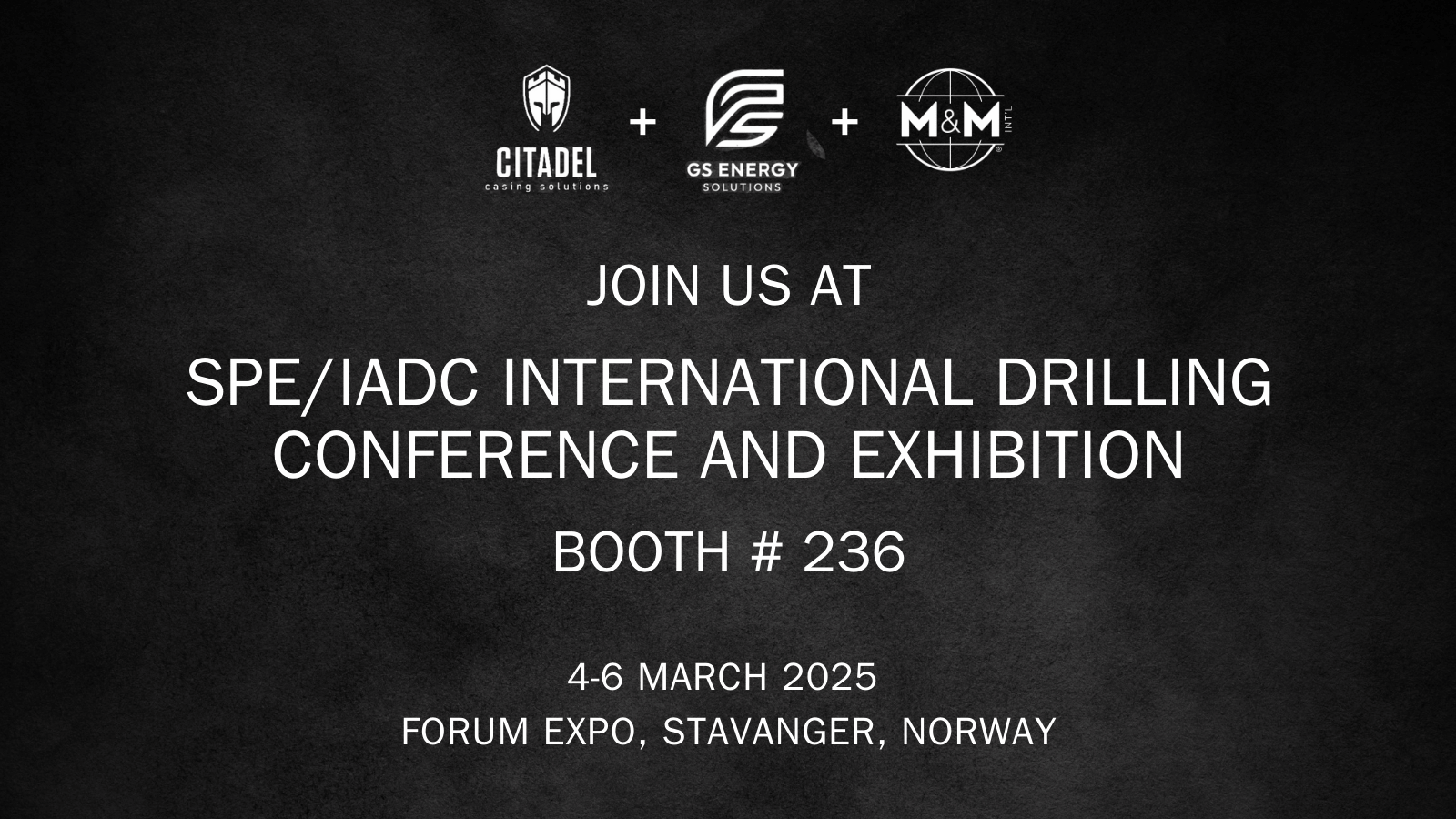
M&M International to Attend the 2025 SPE/IADC International Drilling Conference & Exhibition in Stavanger

M&M International Welcomes NEOP, LLC as an Authorized Distribution Partner for the Appalachia Region and Michigan
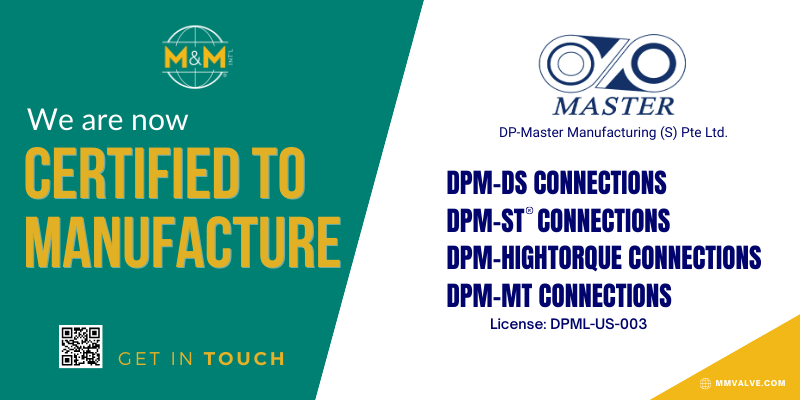
M&M International is proud to announce an expansion of its DP-Master Manufacturing License with the addition of two cutting-edge connections: ...
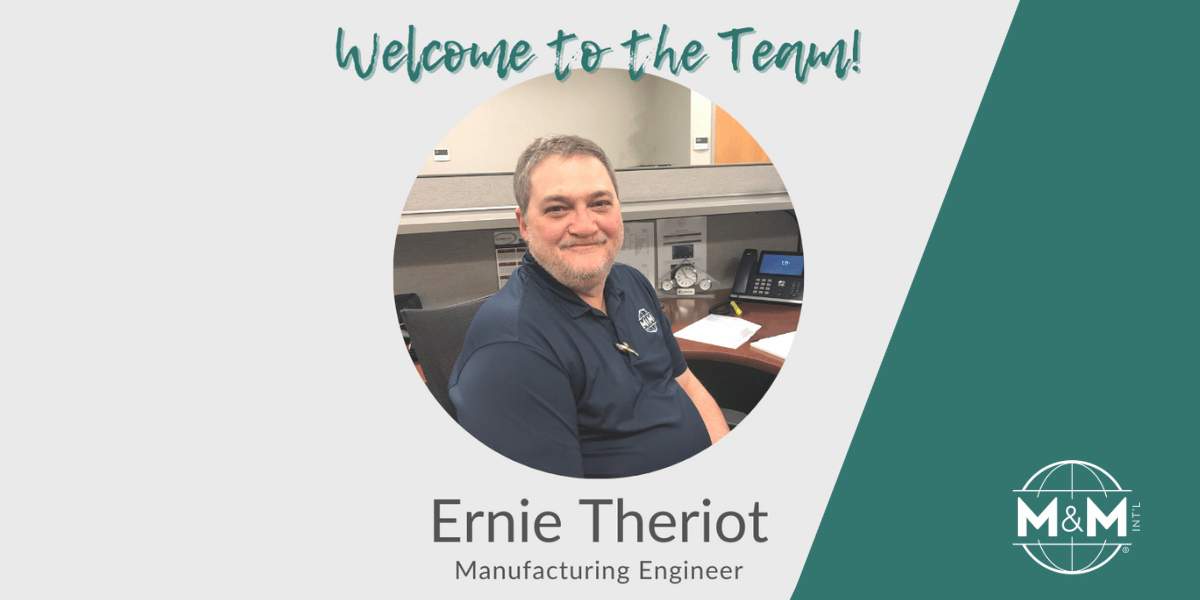
Help us welcome Ernie Theriot to the M&M Family!
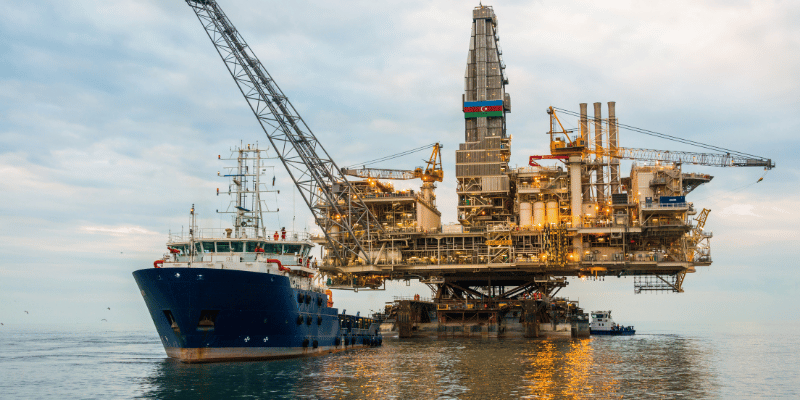
The ADIPEC 2024 Conference brought together global leaders, innovators, and professionals from across the energy industry in Abu Dhabi. As one of the...
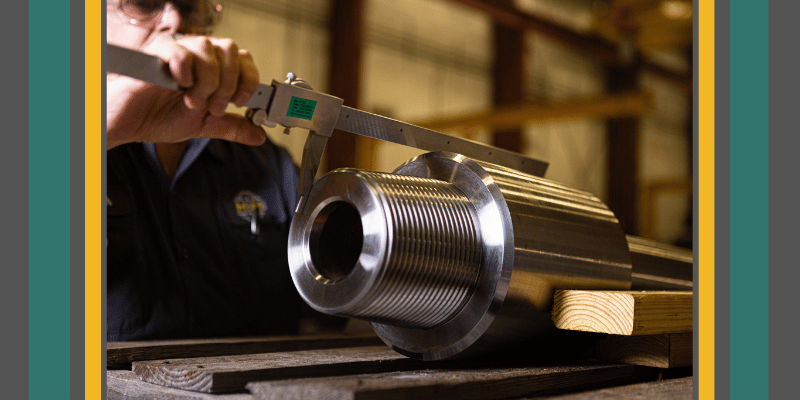
In the complex field of manufacturing engineering, quality control inspections are not just a procedural formality—they are a fundamental...